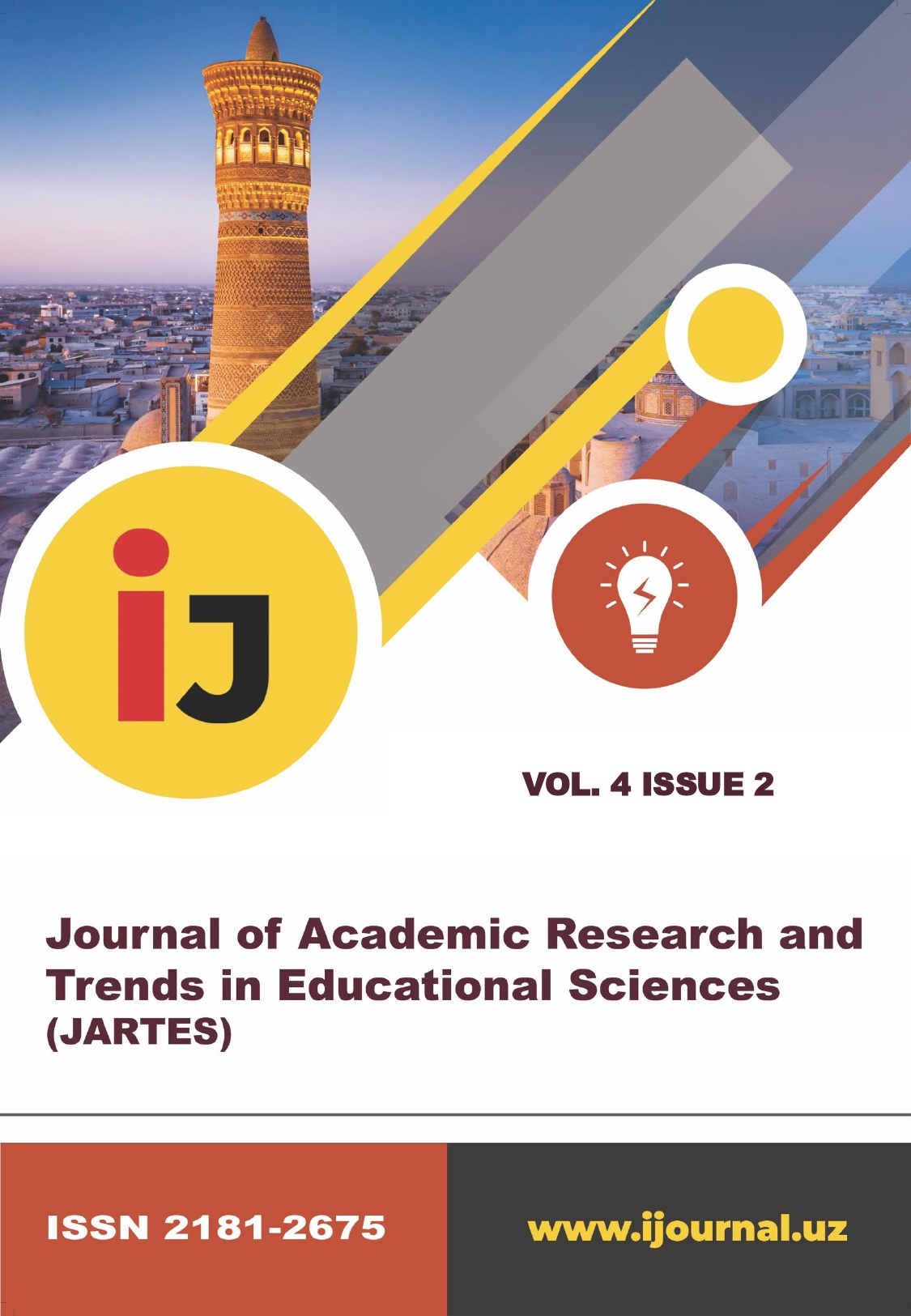FUNCTIONAL-SEMANTIC ANALYSIS OF KOREAN AND UZBEK PROVERBS
Keywords:
communication, culture of behavior, manners of behavior, speech activity, the path to the heart, mutual understanding, fear of words, the basis of education, education 단의어.의사 소통,치료 문화,매너,품위,연설 활동,영혼의 길,상호 이해,단어 비전,교육의 기초.Abstract
Proverbs are not only the most significant, but also the most characteristic part of the folklore heritage of any people. Traits of folk history and character, work and life are imprinted or metaphorically encrypted in them with the same reliability, ancient life on a fossil with the difference that they remain alive for centuries, as long as the people who created them live, and their language, which made them a part of itself. Proverbs, which are part of the paremiological fund of the language, are a valuable linguistic heritage of the people, reflecting their customs, traditions and history, and other specific features of the people. Proverbs, like any other genre of folklore, reflect everything that a particular people lives with and encounters over the centuries. Here is a full set of ethnographic realities, from tools to outfits, and a comprehensive description of the geographical environment with its landscapes, climate, animals and flora; here are memories of long-past events and outstanding personalities, echoes of ancient religious views and a detailed picture of the modern organization of society.
References
1. Авдеева, Л.А., Воронцова, Т.В. Язык одного народа как средства трансляции культур народов мира // Международная конференция «Язык и культура». -М., 2001.
2. Апресян Т.Я., Апресян Ю.Д. Об изучении смысловых связей слов. //ИЯШ, 1970, № 2.
3. Арсентьева Е.Ф. Сопоставительный анализ фразеологических единиц. – Казань: изд-во Казанского университета, 1989.
4. Афоризмы / сост. Ничипорович Т.Г. – М, 1998.
5.Бакиров П.У. Универсальные пословицы разных языков обозначаюшие одну ситуацию. //Badiiy tarjimaning lingvo-poetik muammolari. Respublika ilmiy-amaliy anjumani. 2012-yil 23-24-noyabr, Samarqand
6. Брюховская Л.С. Язык как инвариант национального менталитета // Международная конференция. «Язык и культура». — М., 2001.
7. Furkatovna, B. I., & Farxodovna, A. Z. (2023). Koreys va o'zbek tillarida hurmat ma'noni ifodalovchi maqollarning qiyosiy tahlili. Innovation: The journal of Social Sciences and Researches, 1(5). .
8.Bayonxanova, I. F. (2024, February). Koreys va o ‘zbek tillarida odob-axloqqa oid maqollarning bevosita ifodalanish xususiyatlari. In Conference Proceedings: Fostering Your Research Spirit (pp. 255-260).
9.Bayanxanova I. F. Linguopragmatic features of proverbs in uzbek, korean and english //Innovation: The journal of Social Sciences and Researches. – 2023. – №. 1. – С. 18-21.11.윤희수. 관용어의 고정된 어순 분석 // 논문집 10.금오 공과대학, 1989.
10. 김 문 욱 한-우 사전 도서출판 베델사 2006
11. 민중 엣센스 국어사전
12. 한국의 속담 대사전
Published
Issue
Section
License
Copyright (c) 2025 I.F. Bayankhanova, Xvang Song Dong

This work is licensed under a Creative Commons Attribution-NonCommercial-NoDerivatives 4.0 International License.
All Rights Reserved.





